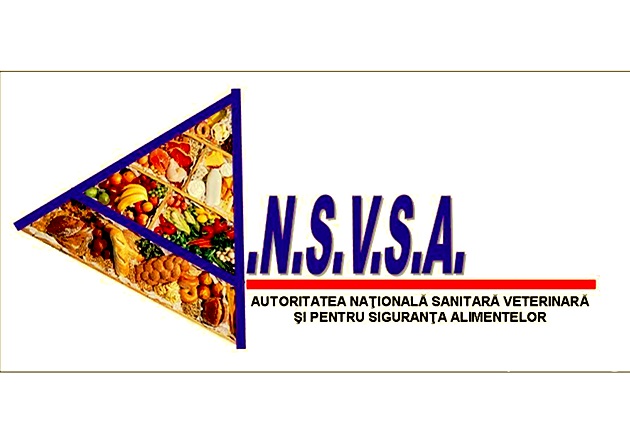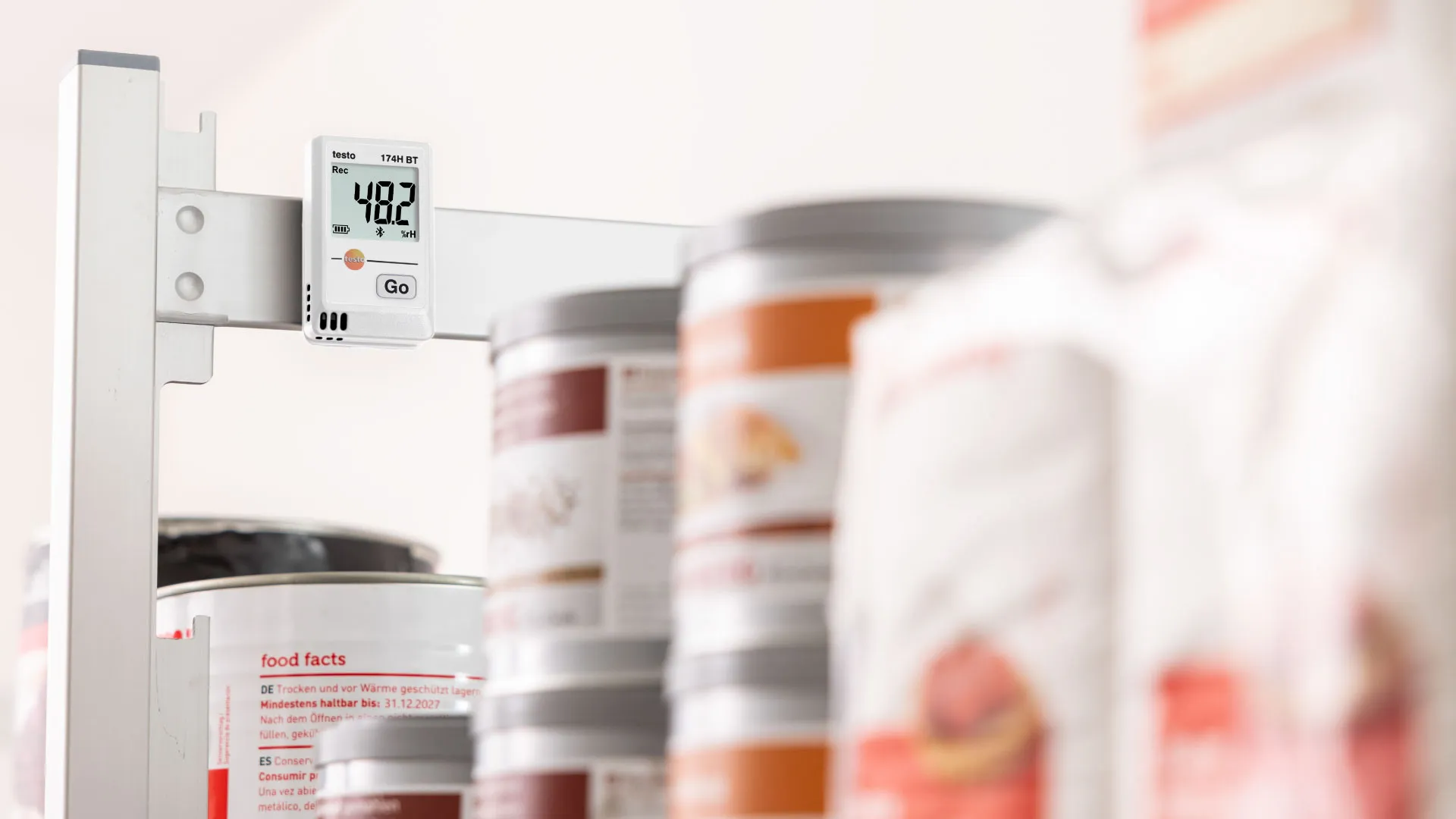1333

Romania Activates Emergency Measures in Response to Foot-and-Mouth Disease Outbreaks in Europe
In light of the alarming spread of foot-and-mouth disease (FMD) across Europe—four confirmed outbreaks in Hungary, six in Slovakia, and one in Germany reported in January—Romania has activated its emergency protocols to safeguard animal health and protect the national livestock sector.
Following Romania’s accession to the Schengen Area, which has led to the removal of border controls, there is a heightened risk of FMD being introduced into domestic farms. In response, the National Sanitary Veterinary and Food Safety Authority (ANSVSA) convened an extraordinary meeting of the National Disease Control Center (CNCB) on April 11, 2025.
Based on the current risk assessment and in accordance with veterinary emergency legislation, Decision No. 2 of the CNCB was adopted, introducing a set of immediate and strict nationwide measures.
Key Measures for FMD Prevention and Control
- Update of restriction zones in line with European Commission Decision No. 2025/672 regarding outbreaks in Hungary and Slovakia.
- Enforcement of import restrictions:
- Ban on live animal transport (cloven-hoofed animals and equines), forage, straw, compost, and manure from Hungary to Romania.
- Prohibition on imports of meat, meat products, untreated milk, semen, and animal by-products from affected zones in Hungary and Slovakia.
- Sanitary-veterinary checkpoints on entry routes from Hungary, staffed by ANSVSA veterinarians and Ministry of Internal Affairs (MAI) personnel.
- Inspections of Romanian farms that imported animals from Hungary and Slovakia after February 1, 2025, including sampling and epidemiological evaluation.
- Enhanced disinfection and biosecurity protocols on farms and animal transport vehicles.
- Clear delegation of responsibilities across institutions: ANSVSA, DSVSA, Romanian Customs Authority, MAI, Border Police, National Police, Gendarmerie, and Local Police.
Additional Actions Undertaken by ANSVSA
To complement CNCB’s Decision No. 2, ANSVSA continues proactive engagement with farmers to:
- Identify and eliminate contamination risks
- Strengthen biosecurity protocols
- Establish effective disease response strategies
All imported animal consignments are now subject to mandatory FMD testing, while randomized surveillance testing has been initiated in livestock collection centers to enable early detection.
In less than a month, the Institute for Diagnosis and Animal Health (IDSA) has conducted a significant number of tests on samples collected from nearly all regions of the country.
Ongoing Surveillance and Testing Measures
- PCR testing on all susceptible animal consignments (cattle, sheep, goats, pigs) arriving from intra-EU trade.
- 1,419 bovine blood samples tested to support Romanian farmers trading with non-EU countries.
Rapid Response Capacity – National Reference Laboratory
To ensure rapid response in cases of clinical suspicion, ANSVSA operates a Biosafety Level 3 High-Security Unit through the IDSA, the only authorized laboratory in Romania for handling FMD virus samples and one of only 15 such facilities in the EU.
This national reference lab applies the full FMD diagnostic methodology, compliant with international standards and accredited under SR EN ISO 17025.
Institutional Dialogue and Operational Context
ANSVSA maintains constant communication with the Government of Romania to:
- Identify the most effective preventive actions
- Secure financial resources in case of disease propagation
The alert status remains at the highest level, both due to the FMD risk and the increased operational responsibilities during the pre-Easter period.
Meanwhile, ANSVSA's efforts to manage small ruminant plague (SRP) have resulted in the eradication of the outbreak in Bihor County, leaving no active disease outbreaks in Romania at this time.
Recommendations for Economic Operators
- Avoid purchasing live animals or animal products from areas under official restrictions.
- Cooperate actively with veterinary authorities and comply with all instructions from ANSVSA and local DSVSAs.
- Immediately report any suspicion of animal disease to your local veterinarian or county veterinary authority.
Service for Communication and Documentary Logistics





